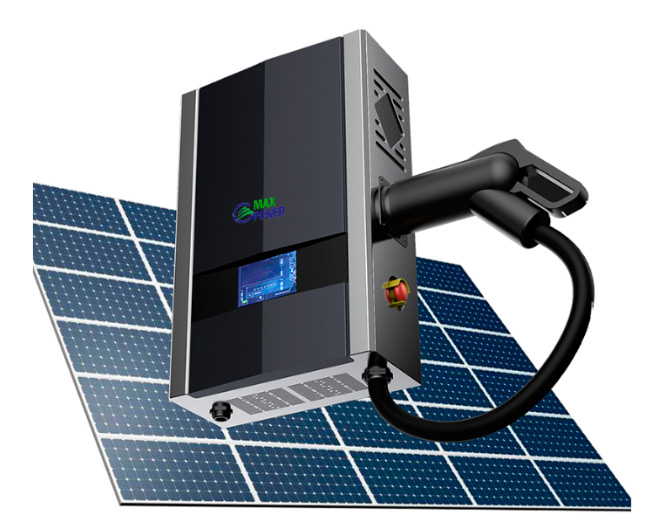
The advancement of electric vehicle (EV) technology has led to a rapid increase in the establishment of EV charging stations worldwide. To effectively manage and monitor these charging stations, network interconnection and remote management technology have emerged as critical elements. This article aims to analyze the significance of network interconnection and remote management technology in electric vehicle charging stations, exploring their benefits and implications.
Network interconnection plays a vital role in the efficient operation of EV charging stations. By connecting charging stations to a centralized network, various functionalities can be achieved. Real-time monitoring, data collection, and analysis enable charging station operators to optimize the charging process, identify malfunctions, and track energy consumption.
Moreover, through network interconnection, charging stations can be integrated with smart grid systems. This integration allows for demand-side management, load balancing, and peak shaving. By dynamically adjusting the charging rate based on the grid's load condition, network interconnection maximizes the utilization of electricity resources and minimizes the strain on the grid.
Remote management technology allows charging station operators to monitor and control the stations from a centralized location. This eliminates the need for physical presence at each station, saving time and resources.
With remote management technology, operators can remotely access charging stations to perform tasks such as starting or stopping charging, setting charging rates, and diagnosing equipment issues. By minimizing downtime and maximizing the availability of charging stations, this technology ensures a seamless charging experience for EV owners.
Furthermore, remote management technology enables proactive maintenance and troubleshooting. Through remote monitoring, operators can detect potential faults or irregularities, enabling them to take preventive actions before significant issues arise. This reduces maintenance costs and improves the overall reliability of charging stations.
As with any networked system, the interconnection of EV charging stations raises security concerns. Strong encryption protocols should be implemented to protect communication channels between charging stations, central management systems, and user applications. Robust authentication mechanisms and authorization processes ensure that only authorized personnel can access and control charging stations.
Furthermore, network firewalls and intrusion detection systems should be deployed to safeguard against cyber-attacks. Continuous monitoring and prompt response to potential security breaches are paramount to maintain the integrity and security of the interconnected charging station network.
The analysis above highlights the significance of network interconnection and remote management technology in the efficient operation of electric vehicle charging stations. Through network connectivity, charging stations can be optimized, integrated with smart grids, and contribute to the smooth functioning of the overall energy system. Remote management technology enhances operational efficiency, reduces maintenance costs, and ensures a reliable charging experience for EV owners. However, it is essential to prioritize security measures to protect the interconnected network and maintain user trust. Embracing network interconnection and remote management will enable the widespread adoption of electric vehicles and contribute to a sustainable and energy-efficient future.